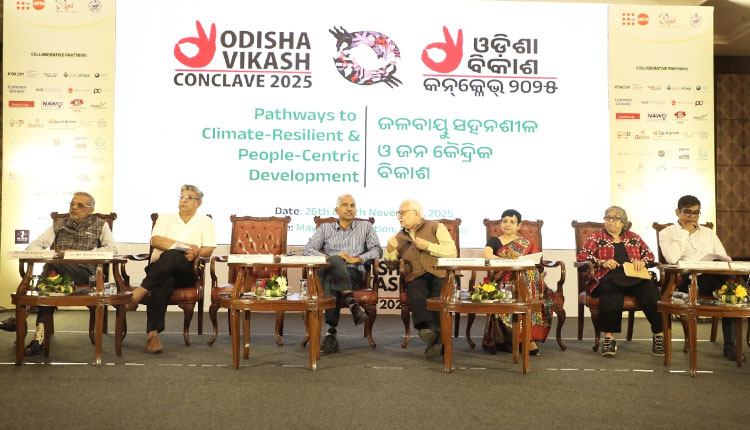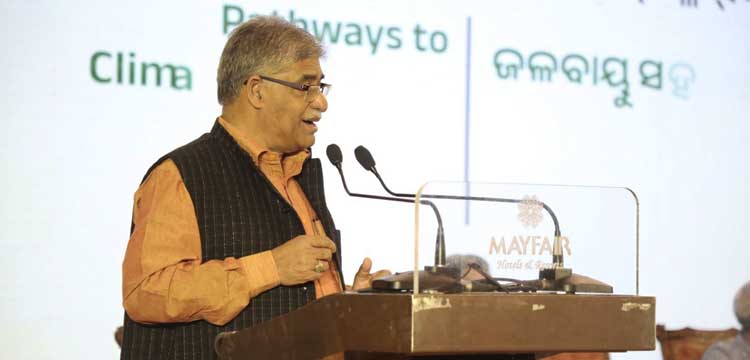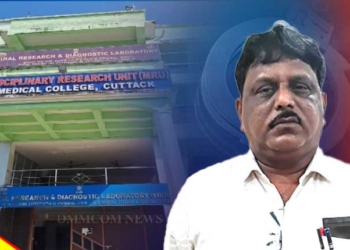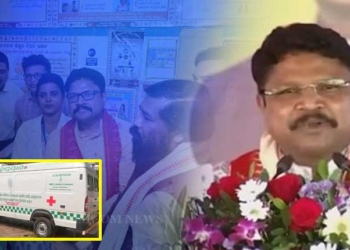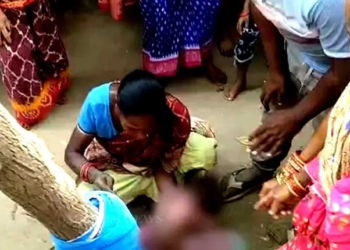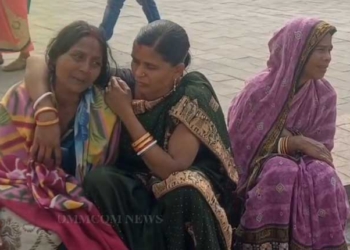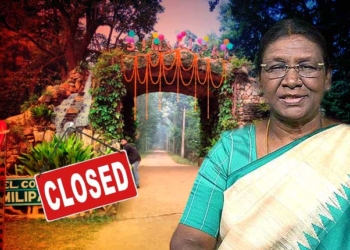Bhubaneswar: The State’s development pathway, amid rising climate risks, changing livelihood patterns and growing social vulnerabilities, must be anchored in partnerships between government, civil society, academia, markets and communities, emphasised Manoj Ahuja, Chief Secretary.
He was addressing the inaugural session of the 6th Edition of the Odisha Vikash Conclave (OVC) 2025 here on Wednesday. “Decentralised, community-driven approaches, especially through SHGs and local organisations, are essential for improving service delivery, creating local livelihoods and reducing distress migration,” Ahuja added.
OVC 2025 places ‘Balanced Development and Climate Resilience’ at the centre of Odisha’s vision for the next decade, said Dr. Jagadananda, Convenor, Odisha Development Initiative & Co-founder, Centre for Youth and Social Development (CYSD).
“The OVC discussions will highlight how forests, coasts, wetlands, livelihoods, governance, social protection and technology are interconnected and why Odisha needs holistic solutions,” he said, while urging the State to prioritise the last-mile people and recognise them as partners to shape solutions.
Dr. Md. Nadeem Noor, State Head, UNFPA Odisha, noted that Odisha’s total fertility rate has fallen to 1.6 and the State is projected to enter a “net mortality zone” by 2041. Rising life expectancy, declining births and an increase in disability prevalence demand a forward-looking governance and public health strategy, he underlined.
Srestha Banerjee, Director, Just Transition & Climate Change, iFOREST noted that the recently concluded COP30 has established Just Transition as a global priority, emphasising that Odisha must ensure the transition is people-centred, protecting livelihoods of the communities in coal-bearing and resource-dependent areas. “Just Transition is fundamentally a development agenda for Odisha that requires planning at the district, block and panchayat levels,” she added.
The event is structured around 15 thematic sessions under five pillars – ecosystem protection, just transitions, resilient governance, vulnerability reduction and social leadership. It will put forward key outcomes, including an Odisha Climate & Development Policy Brief and a set of locally led, climate-resilient solution providers relevant for scale-up.
Among others, Dr. Rajesh Tandon, Co-Chair, UNESCO Chair in Community-Based Research and Social Responsibility in Higher Education; Rajib S Sahoo, Chairperson, ICC Odisha; Avimuktesh Bhardwaj, Back to Village; and Ms. Swapna Sarangi, FES also spoke.




